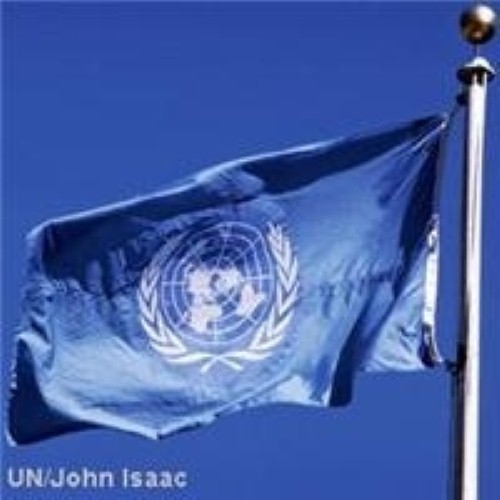Immigration minister hosts UN refugee resettlement discussion
- Details
- Created on Thursday, 01 March 2012 18:48
- Written by Editorial staff

Supporting one of the largest refugee resettlement plans in the world, Australia has recently welcomed migration experts and officials who attended a special meeting in Melbourne.
On February 22 the Australian minister for immigration and multicultural affairs Chris Bowen addressed delegates and attendees at the United Nations High Commissioner for Refugees' Working Group on Resettlement.
During his welcome speech, Bowen took the opportunity to note Australia's contribution to the issue of stateless and disturbed peoples.
The minister asserted: "This important meeting provides Australia - which consistently ranks among the top three refugee resettlement countries in the world - another opportunity to share our settlement experiences and exchange best practice on supporting refugees with other countries.
"Earlier this month during his visit to Australia UN high commissioner for refugees Antonio Guterres himself remarked on the excellent standard of settlement services provided to new arrivals in this country."
Bowen also commented on the country's history with international resettlement efforts, noting that official meetings had been attended by government delegates "since the 1990s".
"They are usually staged in Geneva, but with Australia assuming the chair of the working group, we are proud to play host to such an important gathering of international experts in this field," declared Bowen.
The minister also took the time to explain how Australia was approaching the resettlement of unaccompanied humanitarian minors (UHM) - individuals under the age of 18 whose parents or guardians were unable to accompany them.
A pilot program will be implemented over the next 12 months that focuses on improving the life skills of "older refugee youths" and encouraging them to find a place in society.
Bowen explained: "The new Refugee Youth Support Pilot recognises the ability of some older UHMs to live more independently in the community, rather than the department providing 24-hour care under the current model."
If this program becomes a permanent feature of the resettlement program, it could have an impact on the business received by immigration agents across the country.
As more refugees settle down and integrate with Australian society, they are likely to begin investigating the possibility of sponsoring family members and relatives on the appropriate visas.
This naturally leaves registered migration agents in a sound position to help them with their submissions to the relevant authorities, ensuring that their applications have the best possible chance of success.
News Archive
- 2014
- 2013
- December (21)
- November (29)
- October (21)
- September (20)
- August (22)
- July (21)
- June (20)
- May (23)
- April (22)
- March (27)
- February (19)
- January (20)
- 2012
- December (14)
- November (17)
- October (20)
- September (16)
- August (23)
- July (21)
- June (18)
- May (22)
- April (18)
- March (20)
- February (18)
- January (19)
- 2011






